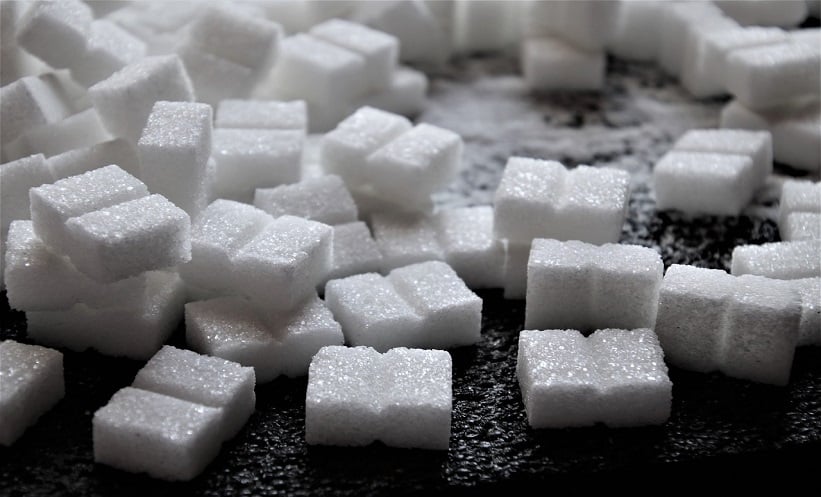POST-MENOPAUSAL females who drink who drink ≥1 sugar-sweetened drink per day could have a greater risk for liver cancer and chronic liver disease mortality, according to new research.
A research team led by Longgang Zhao, Brigham and Women’s Hospital and Harvard Medical School, Boston, Massachusetts, USA, and University of South Carolina, Columbia, USA, looked at data from 98,786 post-menopausal females, aged 50–79 years, who were enrolled in the Women’s Health Initiative between 1993–1998, to evaluate whether an association between sugar- and artificially-sweetened drinks and chronic liver disease mortality and liver cancer exists. The prospective cohort were followed up until 1st March 2020, with a median follow-up duration of 20.9 years. In this time, 148 patients died secondary to chronic liver disease and 207 developed liver cancer.
Using food frequency questionnaires at baseline and 3-year follow-up to determine frequency of sugar-sweetened beverage consumption, the authors identified that consumption of ≥1 sugar-sweetened beverage per day was 6.8% at baseline and consumption of ≥1 artificially sweetened beverage per day was 13.1% at 3-years.
It was noted that the risk of liver cancer for those who drank ≥1 sugar-sweetened beverage per day was significantly higher than for those who drank ≤3 per month at 18.0 versus 10.3 per 100,000 person-years (adjusted hazard ratio: 1.85; 95% confidence interval: 1.16–2.96). Chronic liver disease mortality risk was also significantly higher for those who drank ≥1 sugar-sweetened beverage per day, compared with those who drank ≤3 per month at 17.7 versus 7.1 per 100,000 person-years (adjusted hazard ratio: 1.68; 95% confidence interval: 1.03–2.75).
This trend was not seen when assessing artificially-sweetened beverages, where no significant differences in risk for liver cancer or chronic liver disease mortality were seen between those who drank ≥1 artificially-sweetened beverage per day and those who drank ≤3 per month.
Whilst the authors concluded that reducing consumption of sugar-sweetened drinks may contribute to reducing the liver disease burden, the study findings do not necessarily imply causation and additional research is needed to elucidate this further.








